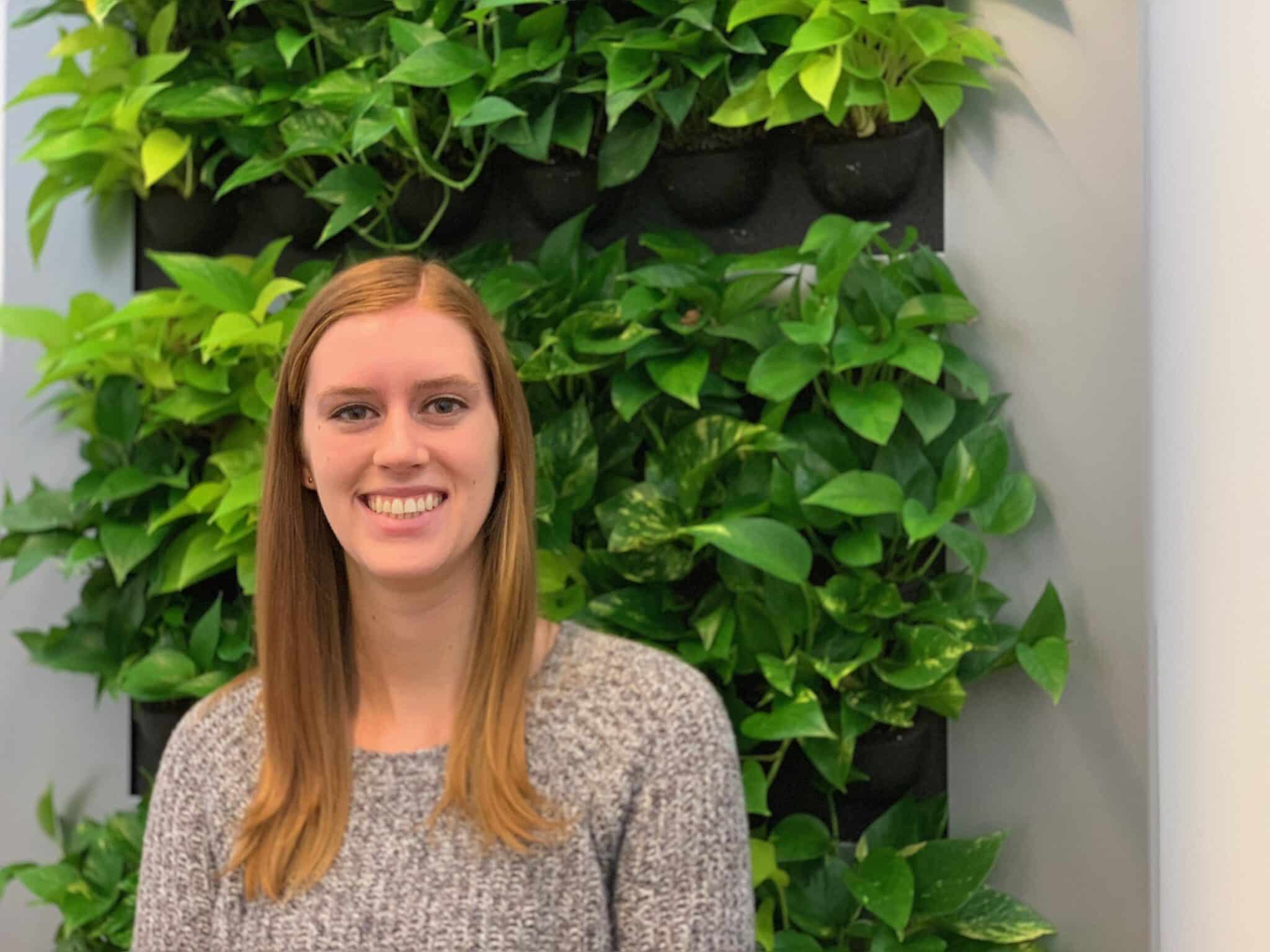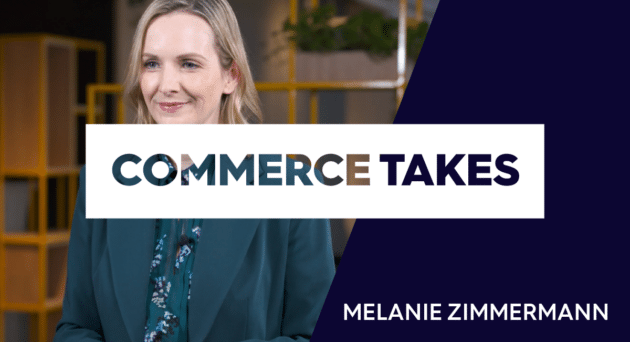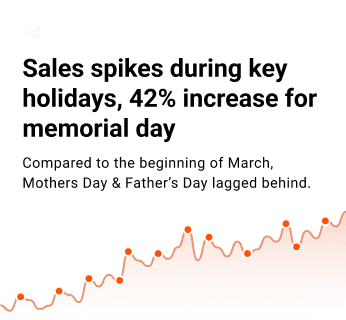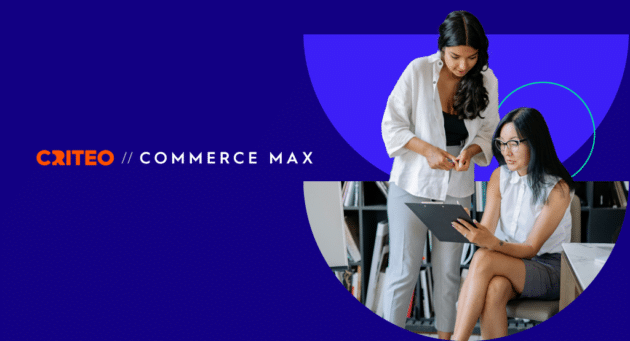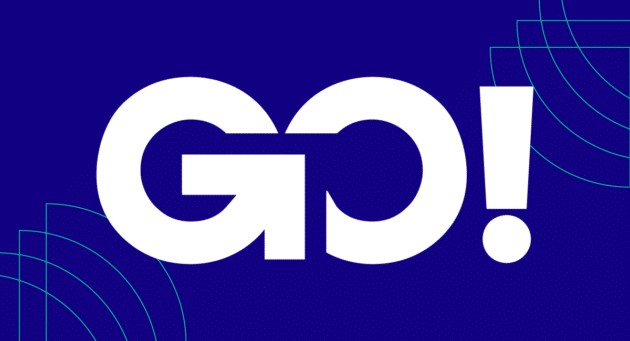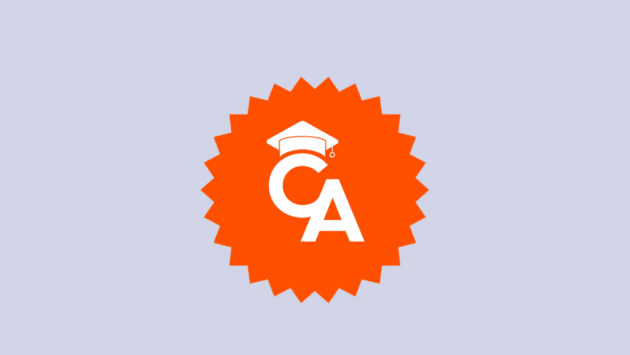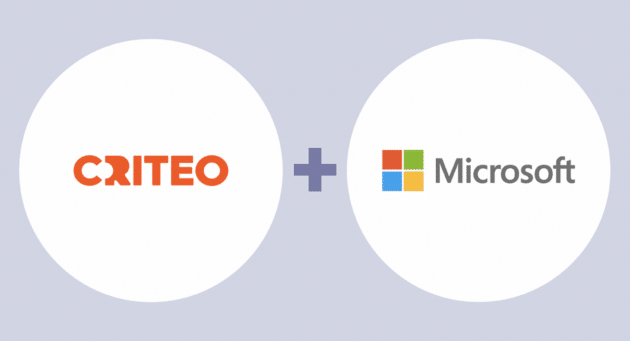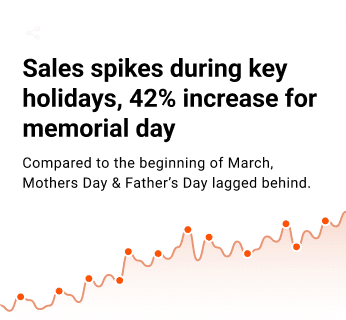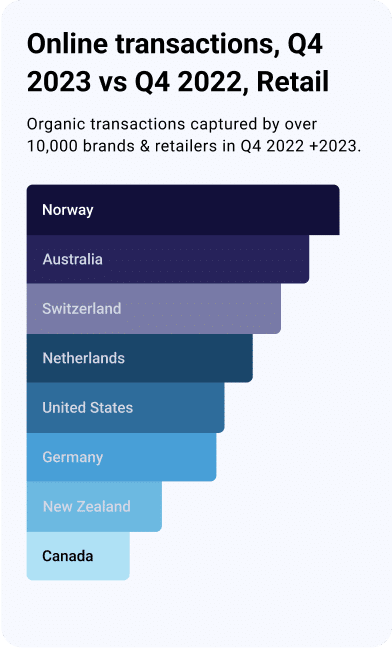Stephanie Marani came to Criteo via HookLogic, first as an intern in HookLogic’s Ann Arbor Office, and then as a full-time Software Engineer at Criteo New York before going back to Ann Arbor. Now, a key part of the Criteo Sponsored Products team, she spends her days making sure Criteo’s solutions can scale to the level our clients need. This week we chat with Stephanie about her career path, and how the Ann Arbor office, though small, is brimming with personality and tech talent.
Let’s start from the beginning, where are you from?
I’m originally from Canada, but I spent the majority of my time growing up in Michigan. I attended Princeton University, where I majored in Computer Science and also received a certificate in Technology and Society. Before entering university, I wasn’t sure what I was going to study. I had only taken one very basic computer science course in high school, and although I enjoyed it, I wasn’t sure if I was ready to major in it. However, it only took one more computer science class in college for me to know this was what I wanted to do. I loved the combination of creative problem solving and ability to apply it to so many different fields, and am happy to still feel that way today.
Tell us about your career path.
The summer before my senior year of university I interned at a startup called HookLogic in a software engineering role. It was my first real-world programming experience, and I really enjoyed it. I was finally able to take the skills I had learned in the classroom and apply them to practical problems, and I felt like I was able to make an actual contribution to the company. I ended up accepting a full-time position at the same company after graduation and began my official career there. A few months after I started working HookLogic was acquired by Criteo, and I’ve been here ever since.
How has your role changed since you started?
When I first started at Criteo I was working in the New York office, although most of my team was in the Ann Arbor office. I had to adjust to working remotely, video conferencing in to all meetings and having to write long messages whenever I had a question. It was a little intimidating having to do this while also learning a new codebase, but I think that it also allowed me to learn much quicker than I would have otherwise. After a year in the New York office I moved to Ann Arbor and was finally co-located with the rest of my team. Although my job description didn’t change, this was a new adjustment as well. In the end I’m happy to now be with the rest of my team, but I still appreciate the experience that starting off remote gave me.
What’s the goal of your position now?
I work on the Criteo Sponsored Products team, and one of the most difficult issues that my team has to face is ensuring that all of our applications are able to scale. As we grow our business and the number of clients we have continues to increase, we have to make sure that we can continue to deliver our service quickly and efficiently. This requires thinking long-term and doing our best to make all of our systems are as strong and seamless as possible so that they can last for years to come.
What makes the Ann Arbor office different? How does the Ann Arbor team have fun?
When I moved from the New York office to the Ann Arbor office I could immediately sense a difference. The Ann Arbor office is fairly small, and this has allowed it to build and maintain a strong sense of community. It’s a place where everyone knows everyone, and everyone is always willing to help out and do what is needed to make us succeed both as a company and as individuals. The office also enjoys spending time together, from our monthly bar nights to football tailgates before Michigan games, to board game nights. There’s always something going on.
What sets Criteo apart as an employer?
What sets Criteo apart as an employer is the wide number of opportunities and benefits they offer their employees. For example, in R&D we have what are called “voyagers” where you can join a different team for anywhere from two weeks to an entire quarter. This is an opportunity to try something new and learn a whole new part of the codebase. Voyagers then return to the original team with a new perspective on the company. We’re able to do these voyagers across different offices, so it gives a chance to meet people from other offices and explore a new culture on a temporary basis. Criteo also offers a large number of other benefits, such as free breakfast every day and multiple team building events each quarter.
What projects are you most proud of?
One of the biggest and longest-spanning projects I’ve worked on has been migrating all of my team’s applications from HookLogic’s tech stack to Criteo’s. We started this shortly after being acquired and are now almost finished with the project. It has been a very exciting undertaking to work on, as almost every task it involved required us working closely with the other Criteo R&D offices. I had the opportunity to travel to Paris for two weeks to learn from the engineers there and migrate one of our applications, which was a really neat experience. We’ve also worked closely with the teams in Palo Alto on one of our other applications, so it’s truly been a global effort. It’s very satisfying after all the work that’s gone into it to see it finally coming to a successful end.
Where do you see yourself next?
At Criteo! The R&D department at Criteo has a very well-defined career ladder, so it’s easy to see the various levels and what the expectations are at each level. This makes it easy to see what’s needed in order to move up and gives assurance in the ability to build a career here. I know that there will always be new challenges to solve and opportunities to learn new things and I’m confident that I’ll be able to continue to grow as a software engineer for as long as I’m working here.
Hobbies outside of work?
I’ve been playing volleyball since middle school and it’s something that I really enjoy doing. I was introduced to the Ann Arbor Parks and Recreation volleyball league through one of my Criteo colleagues, and play a few times a week through that. It’s been a great way to stay active and get to know new people outside of work.
Advice for engineers? What is Criteo’s R&D Team looking for?
Computer science is a field that is ever-changing and constantly evolving, so having a passion for learning is very important in order to stay on top of the latest developments. It’s essential to always be questioning whether or not the current way of doing things is the best, and always be looking for ways to improve.
Thank you Stephanie! Our Ann Arbor office is hiring! To learn more about Criteo Culture, head over to our Criteo Culture Hub!






